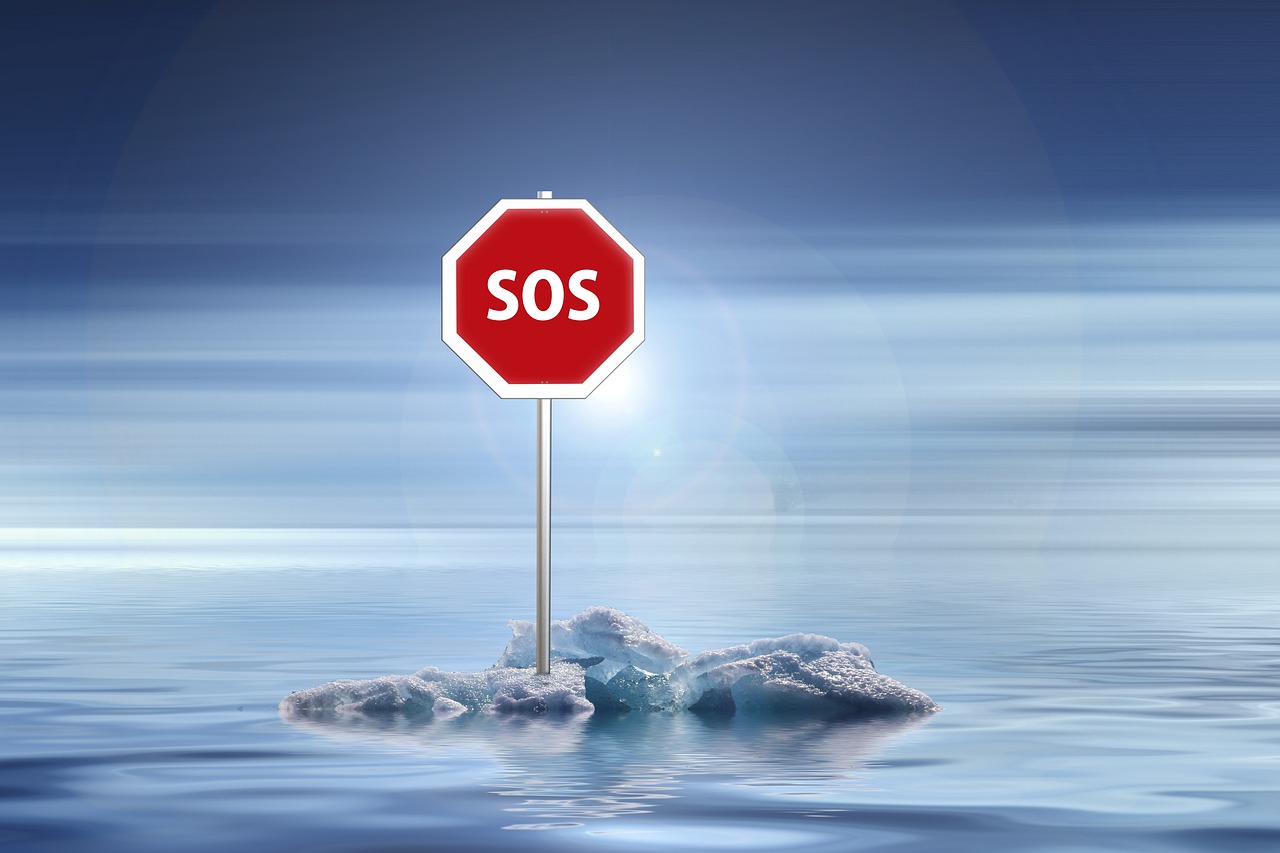European Russophobia and Europe’s Rejection of Peace: A Two-Century Failure
Europe has repeatedly rejected peace with Russia at moments when a negotiated settlement was available, and those rejections have proven profoundly self-defeating. Read more
IF GLOBAL WARMING were an extraterrestrial adversary, it would not have to fear a diplomatically unified Earth. The past decade of climate summits in Copenhagen, Bali, Cancun, and Paris have only nudged us towards the limp goal of business as usual until 2050. One wonders how much ice will be left in Greenland by then, and how many billions will have died from the ecocide of rising sea levels, endless droughts, and other climate-change-related catastrophes, to say nothing of the already tragic effects of natural disasters such as the wildfires burning with ever greater intensity in California. Even in the best of times, collective action doesn’t come naturally.

The time has come to place our faith in technological innovation rather than universal enlightenment. We have been wrestling with our habitat, and now it is fighting back. We are locked in a violent embrace in search of a new equilibrium.
If the Industrial Revolution and borderless capitalism are the forces that have brought us to this environmental apotheosis, then it will have to be geoengineering moon shots and scientific collaboration that buy us time to reverse the damage. Geoengineering proposals generally fall into two categories: removing carbon from the atmosphere, or shielding Earth from solar radiation. The most ambitious proposal for carbon removal involves fertilizing the ocean with iron sulfate and other nutrients to stimulate algae growth that could potentially revitalize the marine food chain while also absorbing atmospheric carbon. In terms of slowing global warming, injecting sulphur dioxide aerosol particles in the atmosphere would reflect sunlight and cool temperatures across the globe.
The article's full-text is available here.